Results
-
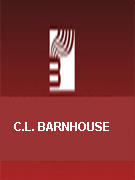 £20.79
£20.79Vive' la Paris (Concert Band - Score and Parts)
This majestic march is full sounding and doesn't require a great deal of preparation time. It will give your trumpet section a chance to shine. This piece has been scored to allow your band to sound great even if your instrumentation is incomplete. You can't miss with this!
Estimated delivery 7-14 working days
-
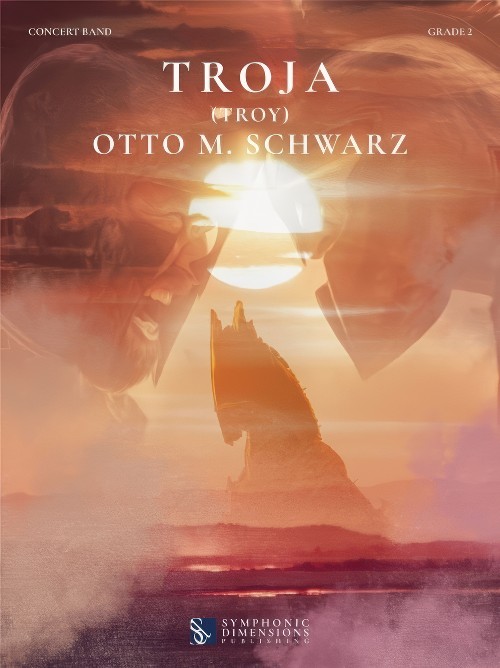 £79.99
£79.99Troja (Troy) (Concert Band - Score and Parts) - Schwarz, Otto M.
The Greek poet Homer wrote about Troy and the Trojan War, which probably took place in what is now Asia Minor, in his Iliad in the 8th century B.C. Nowadays, the term Trojan generally refers to a malware program that is used to gain unauthorised access to computers. This use comes from the legendary Trojan Horse, which saw the turning point in the battle between Greeks and Trojans through the cunning of Odysseus. Let us return to the beginning of the story: Paris, son of the king of Troy, is tasked by Zeus with judging the beauty of the three goddesses Aphrodite, Pallas Athena, and Hera. Aphrodite, the goddess of love, flatters Paris by promising him the most beautiful woman in the world. Soon afterwards, on a journey to Greece, Paris meets the beautiful Helen, who immediately falls in love with him. Since however she is the wife of Spartan king Menelaus, she eventually lets herself be kidnapped by Paris voluntarily. The Greeks then form a large army and go to war against Troy to retrieve Helen, leading to a ten-year siege of the city. The city is eventually conquered not through combat, however, but through Odysseus' cunning ploy. He has the idea of building an enormous wooden horse with warriors hidden inside. The horse is placed at the gates of the city. Thus, the Trojans are tricked into giving up the siege when, despite various warnings, they bring the horse into the city to dedicate it to the goddess Athena. At night, the soldiers climb out of the horse and open the gate for the Greek army. The troops storm the city and burn it to the ground. The royal family and all the Trojan warriors are killed, only Aeneas, the son of Aphrodite, escapes. Later, following many years' wanderings he and his acolytes will become known as the founders of the Roman people. There are various accounts of the fate of the beautiful Helen. She is said to have returned to Sparta with Menelaus and to have ruled there until the end of her life. Or maybe not...Duration: 6.00
Estimated delivery 7-14 working days
-
 £105.80
£105.80Copplia - Léo Delibes
Copplia, a ballet in two acts and three scenes, was premiered at the Opra National in Paris on 25 May 1870. Despite its early success, performances were interrupted because of the Franco-Prussian War and the siege of Paris in 1870-1871, and also because of the death from smallpox of the young principal ballerina, Giuseppina Bozzacchi, on her 17th birthday. This ballet represented a courageous break with references to supernatural and ethereal spirits so dear to the Romantic esthetic, to address instead a world of adventure. Swanhilde sees, on the balcony of Dr. Copplius, a beautiful girl: is she the daughter of Copplius that no one has ever seen? So, with a series of adventures, Swanhilde and her girlfriends, taking advantage of his absence, manage to enter into the house of Dr. Copplius, a toy manufacturer and a magician. Here, they discover that Copplia, the beautiful daughter, is nothing else but a mechanical doll. Meanwhile Franz, the boyfriend of Swanhilde, sneaks into the house through the balcony. The sudden return of Copplius scares away the kids: only Swanhilde (hidden behind a curtain) and Franz remain. Copplius is able to sedate Franz, who has since declared his love for Copplia and, laying him close to the mechanical doll he tries, thanks to his magic, to take Franz's spirit and transfer it to Copplia. Swanhilde is able to intervene and wakes Franz; she tells him about the deception and escapes with him, while Copplius disconsolately embraces his mechanical doll. The ballet ends with the marriage of Swanhilde and Franz. Lo Delibes (1836 - 1891) was a student of Adolphe Adam at the Paris Conservatoire. The composer of several operettas, he reached success with the ballet Copplia. He wrote other ballets, among which the best known are Sylvia and La Source, and several operas including Lakm.
Estimated delivery 7-14 working days
-
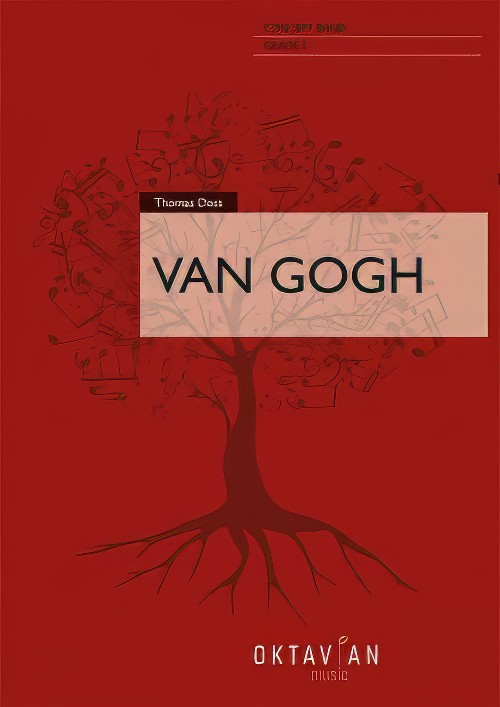 £279.99
£279.99Van Gogh (Concert Band - Score and Parts) - Doss, Thomas
This composition is not a work inspired by the life of the famous painter, but rather an attempt at a pictorial immersion into his world. In addition to Van Gogh's character and tragic life, the technique he employed to create his works, the bright colours of his paintings and his view of nature served as inspiration for this musical work. Point by point, stroke by stroke, Van Gogh brought his own world to life on canvas.On the life of Van Gogh: The Dutch artist Vincent van Gogh was one of the most important pioneers of Modernism, despite being relatively unknown during his own lifetime. As an artist, he chose a life of poverty and seclusion. From today's perspective, his important woks were created from 1880 onwards, when he had already more or less succumbed to madness. While his earlier works could still be classed as contemporary, he matured into a pioneer of Expressionism with his later work indicating an increasing self-awareness. He was just 37 years old when he died but he created over 750 paintings and 1600 drawings in the last ten years of his life.The structure of the work:Start: Brushes and Paints: Van Gogh retired to Arles in southern France where he found his artistic home. The colours and flowering gardens of this landscape awakened in him an unbelievably great creative power.A: A Picture Comes into Being: Van Gogh's psychotic episodes and bouts of depression did not stop him from painting wonderful pictures. Hardly anyone recognised his genius during his lifetime, on the contrary, he often felt misunderstood.C: Paris - Arles: In Paris (from 1886), Van Gogh became inspired by the French art scene. His works found few takers, however. He met and befriended the painter Paul Gauguin, but the lack of success made Van Gogh short tempered, and he began to drink. Eventually, he moved from Paris to Arles in the south of France to establish an artists' collective with Gaugin. Within a few weeks, the two got into such a violent argument that Van Gogh attacked his friend with a knife. The friends parted ways and afterwards Van Gogh cut off his right ear. In 1889 he voluntarily admitted himself into a mental hospital at St. Remy, suffering from hallucinations and fearing that he would lose his mind.G: The Starry Night One of his most famous paintings, created in 1898.H: Death and Brotherly Love Vincent van Gogh accepted an invitation to Auver-sur-Oise in 1890. This was one of his most intensive creative periods. He also went there for treatment, but his mental state hardly improved. After an extended walk, he injured himself fatally with a pistol under mysterious circumstances. Not even to his beloved brother Theo, who had supported him all his life, did he reveal on his deathbed how the accident had occurred.J: Art Market Today, Van Gogh's paintings are among the most expensive paintings on the art market. How ironic, given that he could hardly sell a painting during his lifetime. "I put my heart and soul into my work and lost my mind in the process." (Vincent van Gogh)Duration: 13.15
Estimated delivery 7-14 working days
-
 £116.60
£116.60O Helga natt - Adolphe Charles Adam
O Holy Night is a very well-known Christmas carol. The origin of the carol is French beginning with the words: "Minuit! Chrtiens, c'est l'heure solennelle". It is about the birth of Jesus and was written in 1843 by a wine merchant and poet by the name of Placide Cappeau (1808 77). He turned to the composer Adolphe Adam (1803 56) and asked him to write a suitable melody. The result was brilliant and the carol was premiered in Cappeau's home town Roquemaure in 1847 by the opera singer Emily Laurey. Based on Cappeau's French text, the English version was written in 1855 by an American Unitarian (Calvinist) minister by the name of John Sullivan Dwight (1813 93). Adolphe Adamwas the son of the pianist and composer Louis Adam (1758 1848), who did not want his son to follow in his foot-steps as a musician. However, Adolphe wanted otherwise, and already at the age of 17 he was accepted to study at the music conservatoire in Paris. He was a student under Franois Adrien Bo eldieu and composed several comical operas that became successful. After the July-revolution 1830 Adam moved to London. He worked for a couple of years before returning to Paris, where he founded a new opera house in 1847, the Th tre national. After the revolution in 1848 it had to close and Adam was ruined, why he had to go back to composing. In 1856 he concluded the ballet Le Corsaire, which together with the ballet Giselle are his most performed works today.
Estimated delivery 7-14 working days
-
 £118.99
£118.99Three Aspects of Kurt Weill - Peter Kleine Schaars
For Three Aspects of Kurt Weill Peter Kleine Schaars took inspiration from the three periods that characterise the life of Weill - he successivelylived in Berlin, Paris and New York. One theme is used to create threetotally different atmospheres, a protest march against the fascists inBerlin, a French Musette (valse de Paris) and an American big bandstyle Broadway orchestra. Let this great work show the versatility ofyour concert band!
Estimated delivery 7-14 working days
-
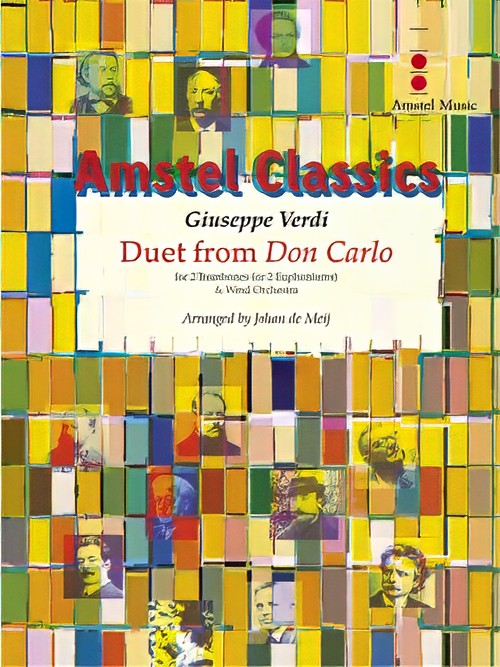 £115.00
£115.00Duet from Don Carlo (Trombone or Euphonium Duet with Concert Band - Score and Parts)
Don Carlo was originally written (title Don Carlos) as a French five-actor for the 1867 world exhibition in Paris. Later, Verdi transformed this improant grand opera into a four-acter in Italian. With its many leitmotifs, Don Carlo was 'too Wagnerian' according to French critics, although Verdi hardly knew the music by his German colleage. For the record, the composer was not happy either with the 'lifeless and cold' performance in Paris, and the drama, concerning Charles V, Philip II and crown price Don Carlo, found its way to La Scala only twenty years later. This duet, arranged by Johan de Meij, originates from the second act. While monks pray for the soul of Emperor Charles V, his grandson Don Carlo takes the stage, tormented by the fact that the woman he loves is now married to his father. Carlo's friend Rodrigo, the Margquis of Posa, has just returned from Flanders. He asks crown prince Carlo to help him ease the oppression and suffering of the Flemish people. Carlo reveals his secret: he is in love with his stepmother. Rodrigo advises him to leave Spain and to go to Flanders. The two men vow to be friends forever in the duet Dio, che nell' alma infondere (God, who wishes to instil love and hope in our souls). Duration: 4.00
Estimated delivery 7-14 working days
-
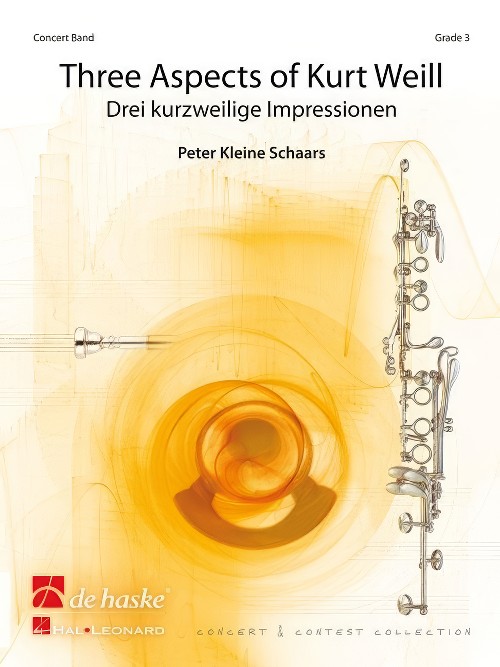 £118.99
£118.99Three Aspects of Kurt Weill (Concert Band - Score and Parts) - Schaars, Peter Kleine
For Three Aspects of Kurt Weill Peter Kleine Schaars took inspiration from the three periods that characterise the life of Weill - he successively lived in Berlin, Paris and New York. One theme is used to create three totally different atmospheres, a protest march against the fascists in Berlin, a French Musette (valse de Paris) and an American big band style Broadway orchestra. Let this great work show the versatility of your concert band!Duration: 5:45
Estimated delivery 7-14 working days
-
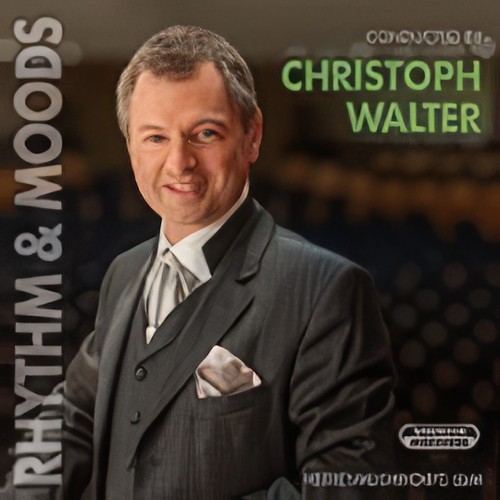 £11.63
£11.63RHYTHM AND MOODS (Wind Band CD)
Heeresmusikkorps Ulm, conducted by Christoph Walter. Includes: The Power of Music (Walter); The Walled City (based on Londonderry Air)(Walter); Bye Bye President (Walter); Klarinettenteufel (Brunner arr. Walter); Irish Folk (arr. Walter); Carnival in Green (Walter); Rhythm and Moods (Walter); I Love Paris (Ganz Paris traumt von der Liebe)(Porter arr. Walter); The Pictures of the Longvally (Walter); Goodbye (Uncle Satchmo's Lullaby)(Halletz arr. Walter); Urchig und Lupfig (Walter); Polka Party (arr. Walter); Annie's Dream (Walter); Best of Beny Rehmann (Rehmann arr. Walter); Roman fahrt Automobil (Geisser arr. Walter); Thanks to the Gardener (Es isch de Gartner gsi)(Walter); You're the Greatest Lover (arr. Walter).
Estimated delivery 7-14 working days
-
£70.99
Rock DJ - Robert Williams, Guy Chambers, Kelvin Andrews, Nelson Pigford & Ekundayo Paris
Estimated delivery 10-14 working days
